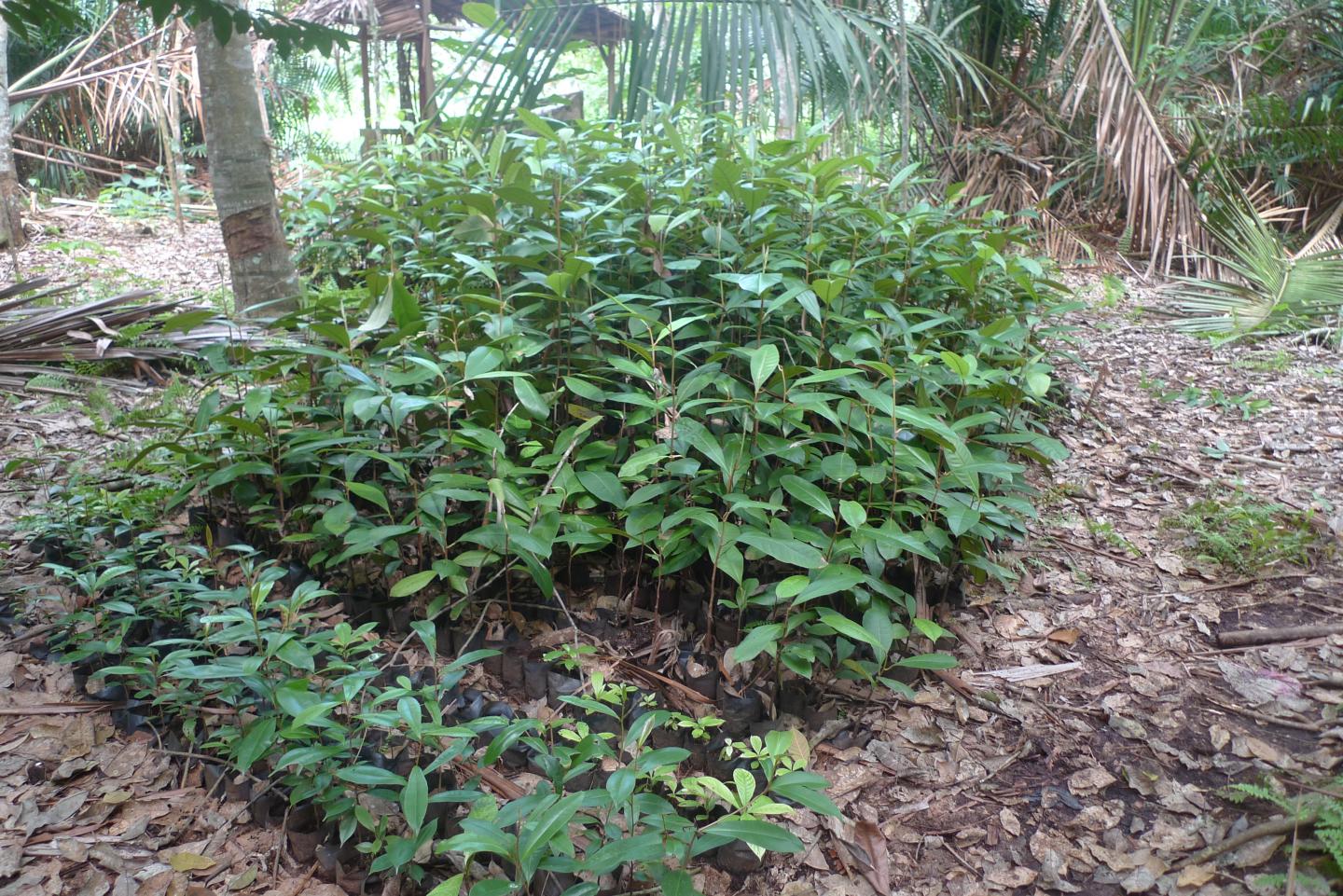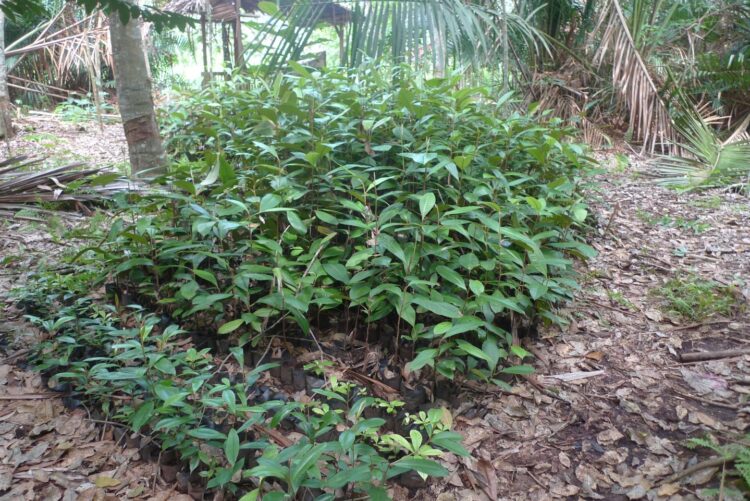
Credit: Assistant Professor Janice Ser Huay Lee
Reforestation is a promising nature-based climate solution. However, there are practical considerations beyond the suitability of land for planting trees, such as financial, land-use and operational constraints, which can limit its outcomes and thus need to be taken into account. A recent study led by researchers from the National University of Singapore (NUS) found that these constraints could limit the climate mitigation potential of reforestation in the Southeast Asian context. Understanding how these constraints operate helps inform the prioritisation of cost-effective reforestation and investment opportunities.
Their findings were published in the journal Nature Climate Change on 17 August 2020.
Reforestation and climate change mitigation
During the annual meeting in Davos in January this year, the World Economic Forum launched an ambitious initiative to plant one trillion trees worldwide to restore biodiversity and fight climate change.
Tree planting, and reforestation in general, have often been touted as a cost-effective nature-based solution to address climate change. This is due to the ability of trees and other natural vegetation to convert atmospheric carbon dioxide (CO2) to biomass through the process of photosynthesis, which is nature’s way of capturing and locking up carbon. However, broader considerations beyond where trees could be planted may have impacts on the effectiveness of reforestation as a climate solution.
Barriers to reforestation
In the study, the research team led by Professor Koh Lian Pin, who is from the NUS Department of Biological Sciences, estimated the climate mitigation potential of reforestation across Southeast Asia, and assessed the effects of biophysical, financial, land-use, and operational considerations on different constraint scenarios.
The researchers found that 121 million hectares of land across Southeast Asia are suitable for reforestation, and could potentially contribute to climate mitigation at a rate of 3.4 gigatonnes of CO2 per year.
“However, only a fraction of that mitigation potential may be achievable if practical constraints are taken into account,” noted Prof Koh, who is also Director of the NUS Centre for Nature-based Climate Solutions.
One example is the many pockets of “barren land” in Southeast Asia that may actually be in use by farmers to grow crops for subsistence, or for sale in local markets. NUS postdoctoral research fellow Dr Zeng Yiwen, who is the first author of the paper, explained, “If we exclude these small farmlands, the available land for reforestation in Southeast Asia would be reduced to about 76 million hectares, and its climate mitigation potential would drop to 2.2 gigatonnes of CO2 per year.”
The team noted that there may also be a need for reforestation sites to be near mature forests which could act as sources of seeds or seedlings that are critical for the reforestation process. Other considerations that the team took into account included the cost of reforestation and protection status.
“If we want to maximise the success of reforestation projects and restrict them to within two kilometres of existing intact forests, we would only be looking at about 33 million hectares of available land in the region, which would provide only 0.9 gigatonnes of CO2 sequestration potential per year,” said Ms Tasya Sarira, the second author of the study who is from the University of Adelaide.
Reforestation: Balancing trade-offs
Prof Koh explained, “The barriers to reforestation we have identified are not insurmountable. For example, by involving smallholder farmers in the reforestation process, such as through agroforestry or tree planting on their farms, climate mitigation potential can be realised while balancing trade-offs with food security and local livelihoods.”
Reforestation is an important nature-based solution, not only for climate mitigation, but also for the multiple co-benefits it provides, including biodiversity conservation, clean air and water, and poverty alleviation.
“A more complete and nuanced consideration of both the potential and limits of nature-based climate solutions is needed to inform climate policies and decisions that are scientifically sound, economically feasible and socially acceptable,” he elaborated.
###
Media Contact
Denise Yuen
[email protected]
Original Source
http://news.
Related Journal Article
http://dx.





